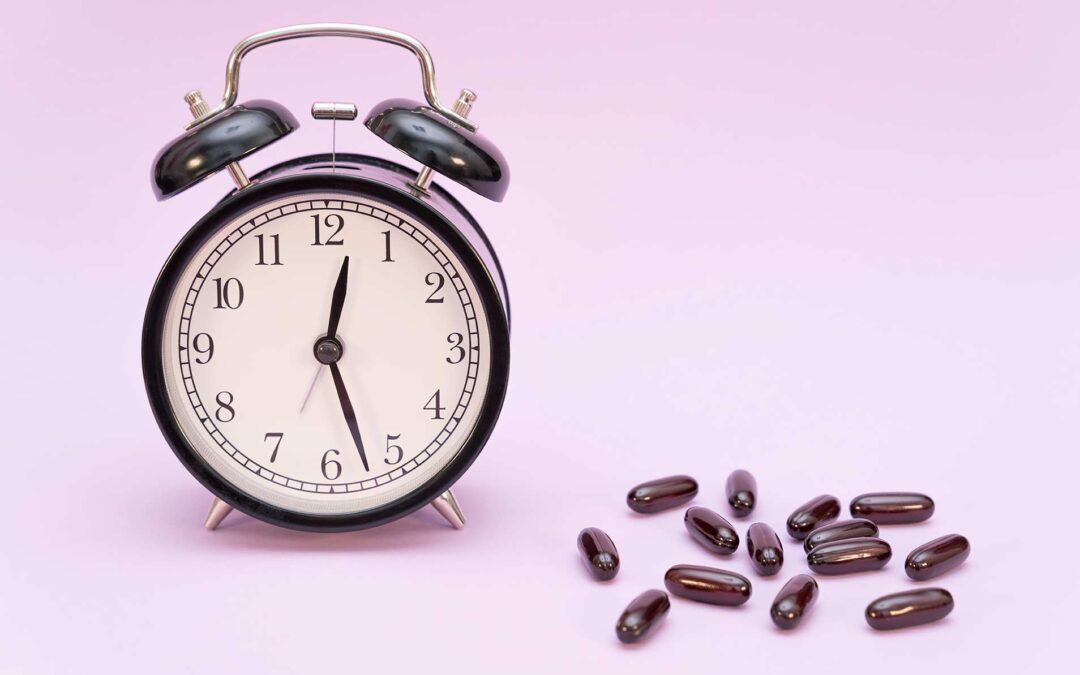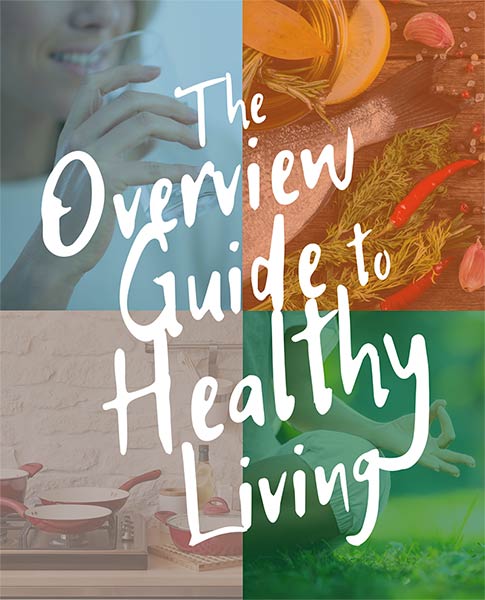Melatonin is a hormone produced by the pineal gland that helps regulate our sleep-wake cycle. Low levels of melatonin have been linked to various sleep disorders, including insomnia, and even cancer. Fortunately, there are simple dietary and lifestyle strategies that can help increase melatonin levels naturally. Here are some tips:
- Eat a melatonin-rich diet: Some foods are naturally rich in melatonin, including tart cherries, raspberries, oats, walnuts, and almonds. Tart cherries, specifically, have been shown to increase melatonin levels, helping to improve sleep quality (1). Incorporate these foods into your diet regularly to promote optimal melatonin levels.
- Restrict blue light exposure: Our natural melatonin production is suppressed by blue light exposure from electronic devices such as televisions, tablets, and smartphones. Make a conscious effort to avoid these devices a couple of hours before bedtime. If you must use them, consider using blue light blocking glasses or turning on the “night mode” option.
- Sleep in a dark environment: Dark environments naturally enhance our melatonin function, so ensure that your bedroom is pitch-dark at night. Consider using blackout curtains to reduce light exposure while you sleep.
- Practice stress-reducing exercises: Stress and anxiety can interfere with melatonin production. Incorporating stress-reducing activities such as meditation, yoga, or deep breathing, can help lower stress levels, positively impacting melatonin.
- Take a melatonin supplement: Melatonin supplements have been shown to help improve sleep quality in certain individuals. It is important to talk to your doctor before beginning any supplemental regimen, but melatonin is generally regarded as safe when taken appropriately (2).
Implementing a few of these strategies can help improve natural melatonin production and promote better sleep. Combined with a nutritious, well-balanced diet, individuals can support optimal health with these simple, cost-effective methods.
References:
- Pigeon, W., Carr, M., Gorman, C., and Perlis, M. (2010). Effects of tart cherry juice beverage on the sleep of older adults with insomnia: a pilot study. Journal of Medicinal Food, 13(3), 579-583.
- Buscemi, N., Vandermeer, B., Friesen, C., Bialy, L., Tubman, M., Ospina, M., Klassen, T., and Witmans, M. (2004). The efficacy and safety of exogenous melatonin for primary sleep disorders: a meta-analysis. Journal of General Internal Medicine, 19(2), 115-127.

